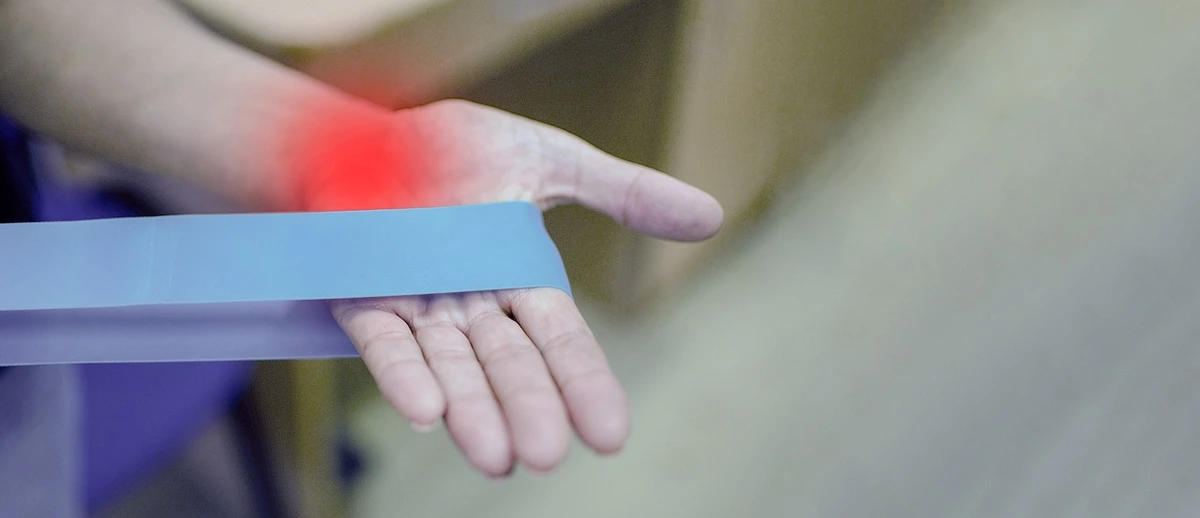Rheumatoid Arthritis (RA) is a long-term autoimmune disease that causes inflammation and pain in the joints. But what many patients don’t realise is — early treatment makes all the difference.

🧬 What is Rheumatoid Arthritis?
- RA is not just “old age” or “wear and tear.”
- It is an autoimmune condition — where the body’s own immune system mistakenly attacks healthy joint tissue.
- This leads to swelling, stiffness, joint damage, and over time, deformities — especially if treatment is delayed.
Commonly affected joints:
🔹 Fingers, wrists, elbows
🔹 Knees, ankles, feet
🔹 Often symmetrical (same joints on both sides)
💊 DMARDs: Disease-Modifying Drugs (and Why They Take Time)
Your doctor may prescribe DMARDs (Disease-Modifying Anti-Rheumatic Drugs) like Methotrexate, Leflunomide, Sulfasalazine, or Hydroxychloroquine.
Important points:
- DMARDs work slowly — they may take 4 to 12 weeks before showing visible improvement.
- They don’t give quick pain relief like painkillers or steroids — but they prevent long-term joint damage.
- Some patients mistakenly stop them early, thinking they are not working — this is a big mistake.
👉 DMARDs are your main defense against joint damage in RA.
⚠️ Steroids: Use with Caution
Steroids like prednisolone may be used briefly to control severe flare-ups, especially in early disease or while waiting for DMARDs to take effect.
But long-term, unsupervised use of steroids can cause:
❌ Weight gain
❌ High sugar and blood pressure
❌ Bone thinning (osteoporosis)
❌ Cataracts
❌ Suppressed immunity
Never use steroids long-term without your doctor’s supervision.
❌ Don’t Stop DMARDs Abruptly
Some patients stop their medications when they “feel better.” But RA is a chronic condition — symptom-free doesn’t mean disease-free.
- Stopping DMARDs suddenly can lead to painful flares, and more joint damage.
- Always consult your doctor before making any changes to your treatment plan.
✅ Practical Tips for RA Patients
🔹 Be patient — DMARDs take time to show effect.
🔹 Use painkillers or short steroid courses only during flare-ups — as advised.
🔹 Stick to your medicine schedule — don’t stop on your own.
🔹 Regular follow-ups and blood tests are important.
🔹 Do gentle joint-friendly exercises — ask your doctor for guidance.
🔹 Healthy diet, calcium and vitamin D, and weight control help joint health.
👩⚕️ Final Advice
RA treatment is a long journey, but well-controlled RA means better quality of life and less joint damage. Early diagnosis and correct use of DMARDs can prevent disability.
Trust your doctor, follow your medicines, and avoid self-medication — especially with steroids.
About the Author
Dr. Raja Ramesh, MD (Osmania)
Consultant Physician & Diabetologist in Attapur, Hyderabad
Available at Olive Hospital (10am–5pm) & Care Clinic Attapur (5pm–8pm)
📞 Call +91 79896 76770 for appointments

